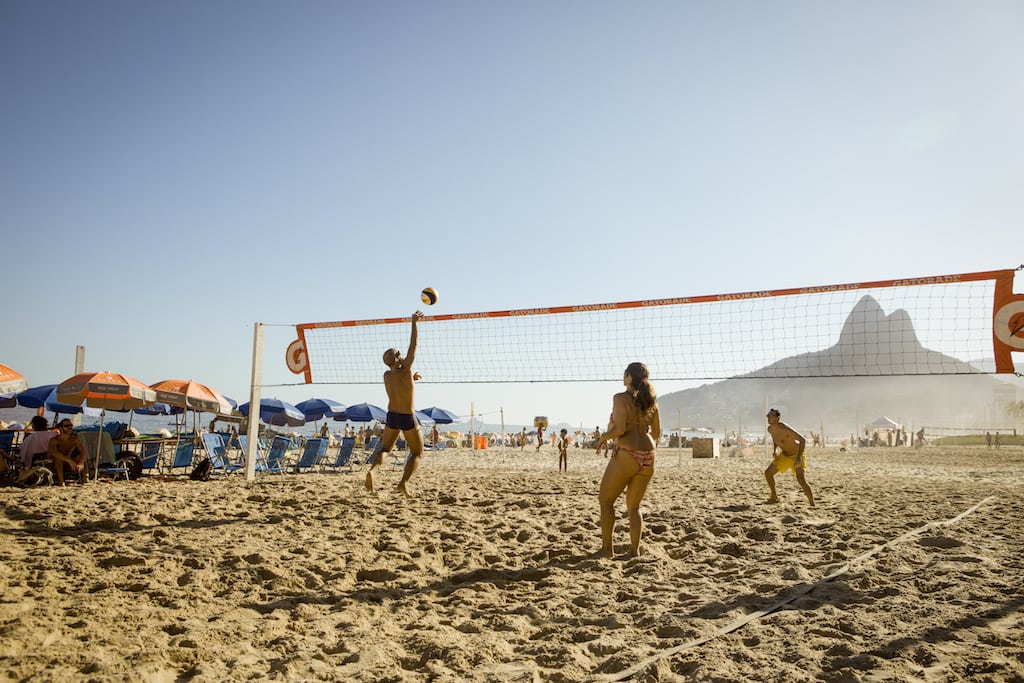Airbnb Has a Golden Moment at the Rio Olympics

Skift Take
For all the challenges facing this year's Summer Games, chief among them a lack of hotel rooms, the beauty of Airbnb's flexible supply scheme makes it ideal for major events like the Olympics.
This year's Rio Olympics have been plagued with a number of challenges: Suddenly green-tinged diving pools. Zika. Traffic jams. Security concerns. Less than stellar accommodations for athletes at the Olympic Village.
But one of the biggest problems at the Games — a lack of hotel rooms in Rio — is being taken care of by Airbnb.
As the "official alternative accommodations service" of the Rio Olympics, Airbnb is doing what most hotel companies cannot do as easily or quickly: helping house some of the estimated 500,000 visitors who are flooding the city of Rio de Janeiro for a little more than two weeks.
Rio's reputation for a low number of hotel rooms isn't a new one and, with the Olympics, organizers for the Games had already booked 90 percent of those existing hotels. When the city won its Olympic bid in 2009, it only had half o
